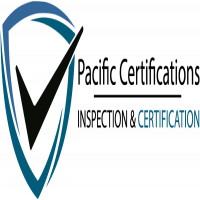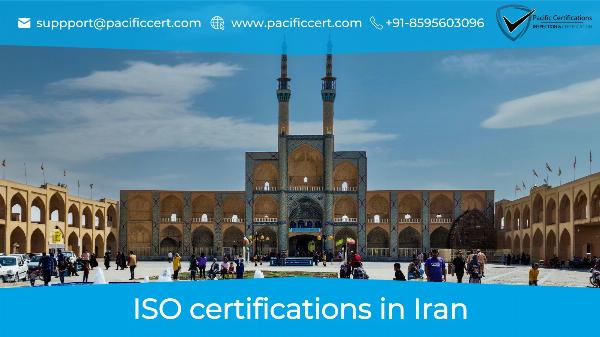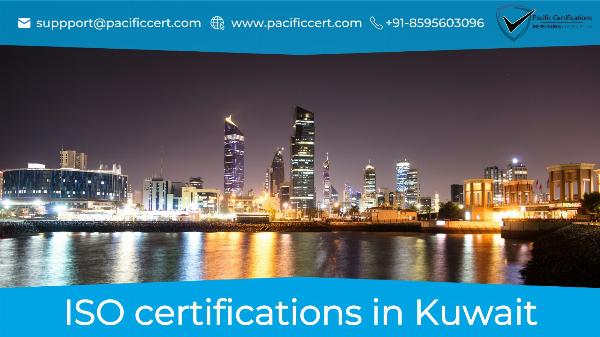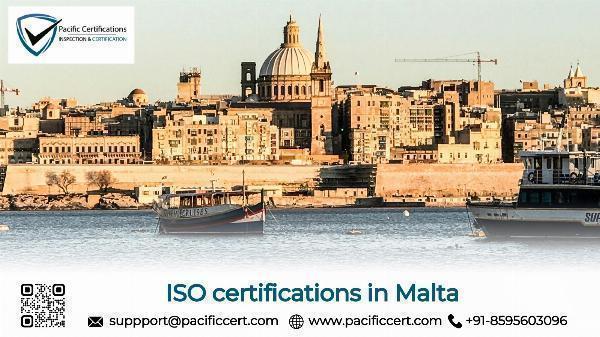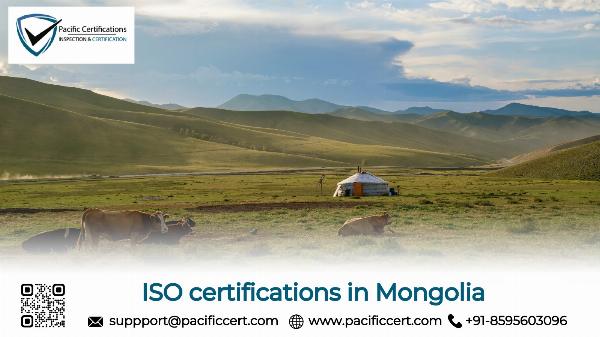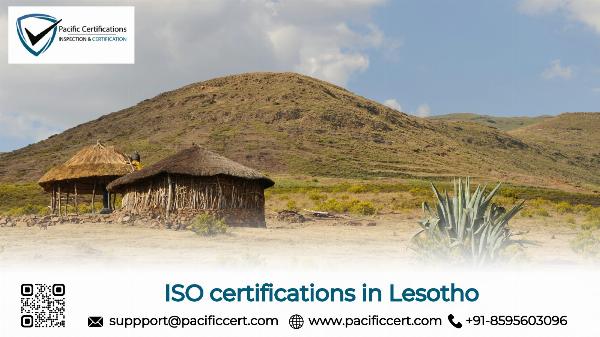ISO Certifications in Iceland and How Pacific Certifications can help
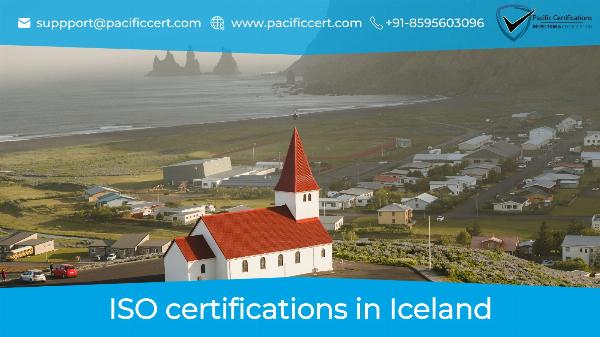
Strong 8k brings an ultra-HD IPTV experience to your living room and your pocket.
Iceland, known for its stunning landscapes and strong environmental ethos, is increasingly embracing ISO standards to ensure quality, safety, and sustainability across various industries. Organizations in Iceland are keen to adopt internationally recognized standards to enhance their operational efficiency and market competitiveness.
Here, we explore the key ISO standards applicable in Iceland and how we, at Pacific Certifications, can assist with the auditing and certification processes.
Key ISO Standards
ISO 9001:2015 — Quality Management Systems
Scope: This standard sets out the criteria for a quality management system and is the only standard in the ISO 9000 family that can be certified to. It helps organizations ensure they meet customer and other stakeholder needs within statutory and regulatory requirements related to a product or service.
ISO 14001:2015 — Environmental Management Systems
Scope: Provides a framework for an effective environmental management system, and it can be certified to. It maps out a framework that a company or organization can follow to set up an effective environmental management system.
ISO 45001:2018 — Occupational Health and Safety Management Systems
Scope: Specifies requirements for an occupational health and safety (OH&S) management system, and gives guidance for its use, to enable organizations to provide safe and healthy workplaces by preventing work-related injury and ill health, as well as by proactively improving its OH&S performance.
ISO 27001:2022- Information Security Management Systems
Scope: Specifies the requirements for establishing, implementing, maintaining, and continually improving an information security management system within the context of the organization’s overall business risks.
ISO 50001:2018 — Energy Management Systems
Scope: Specifies the requirements for establishing, implementing, maintaining, and improving an energy management system, with the purpose of enabling organizations to follow a systematic approach in achieving continual improvement of energy performance, including energy efficiency, energy use, and consumption.
ISO 22000:2018 — Food Safety Management Systems
Scope: Specifies requirements for a food safety management system where an organization in the food chain needs to demonstrate its ability to control food safety hazards to ensure that food is safe at the time of human consumption.
How we can help
At Pacific Certifications, we are dedicated to helping organizations in Iceland achieve excellence through ISO certifications. Our comprehensive services include:
Auditing Services: Our team of experienced auditors performs rigorous audits to verify compliance with the chosen ISO standard. We provide detailed audit reports highlighting areas of strength and opportunities for improvement.
Certification: Upon successful completion of the audit, we issue the ISO certification, providing you with the credentials to demonstrate your commitment to quality, safety, and sustainability.
Surveillance and Re-Certification Audits: We offer ongoing surveillance audits to ensure continued compliance with ISO standards. Our re-certification audits help maintain your certification status and promote continual improvement.
Training and Support: We provide training programs to help your team understand the requirements of ISO standards and effectively implement them within your organization.
For more information on how we can assist with your ISO certification needs in Iceland, contact us at [email protected].
Partner with us to achieve excellence and demonstrate your commitment to quality, safety, and sustainability!
Read More: ISO Certifications in Iceland and How Pacific Certifications can help
Requirements of ISO Certifications in Iceland
Organizations in Iceland pursuing ISO certification must adhere to specific requirements set forth by the relevant ISO standards.
Below, we outline the general and specific requirements for key ISO certifications and how organizations can meet these standards.
Note: IndiBlogHub features both user-submitted and editorial content. We do not verify third-party contributions. Read our Disclaimer and Privacy Policyfor details.

